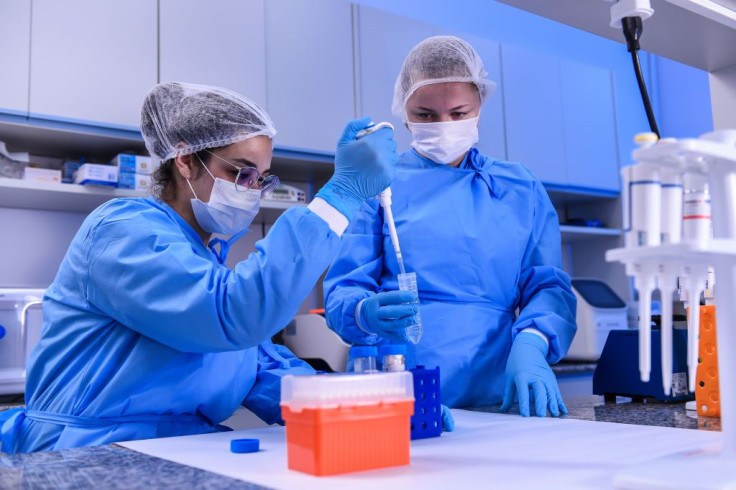COVID-Testing: Saliva's Out, Nose Swabs Are In

The much-anticipated, at-home saliva test for COVID-19 is now more the stuff of fiction than of reality. Hopes of rolling out an at-home, antigen-based test to help curb the spread of coronavirus are dwindling, as the creation of an effective test has yet to happen, according to The New York Times.
While it is still possible -- Columbia University researchers say they’re onto something -- this type of testing has a few strikes against it. Public health experts, who have been watching some companies’ efforts to develop spit-tests, argue that because saliva testing is relatively new to science, now is not the time to focus on it. At least two companies, E25Bio, which is connected with the Massachusetts Institute of Technology (MIT), and OraSure Technologies, Inc., in Bethlehem, Pa., had been pursuing rapid at-home tests but have since turned their research and manufacturing to shallow nasal swabs, according to the Times.
Testing with saliva has been problematic in the past. For starters, saliva tests need to be more specific in terms of their target. Saliva contents can change in a single day, making it difficult to ensure uniform use of the test. A study from Sichuan University in China found that COVID-19 diagnosis by saliva tests depends on where in the throat the saliva came from.
Another problem is whether the sample is clean. The University of Illinois, for example, has conducted testing to see whether food, blood or oral hygiene products were present in the saliva. One of the most difficult things about saliva tests is that saliva isn’t always neat - researchers have found problems with it clumping or sticking to the sides of test tubes.
With the focus turned primarily to shallow nasal swabs, the race for approval has ramped up. The shallow nasal swab test being developed at MIT has tested at 93% accuracy, with researchers testing both positive-COVID and negative-COVID samples.
Another test, which looks for the virus’s genetic material, has proven very accurate. Using a technology called PCR (polymerase chain reaction), this test does not detect early viral infection, only active infection. It also takes a few days before results can be assessed. Samples also can be taken from the throat.
The researchers at Columbia University have developed a rapid saliva test that, according to early indications, is effective 96% of the time. It is not for home use, however, because the test isn’t cheap and involves equipment that is not consumer-friendly, according to the Times. While more testing is required, Columbia has asked the Food and Drug Administration (FDA) for emergency approval.
Published by Medicaldaily.com



























